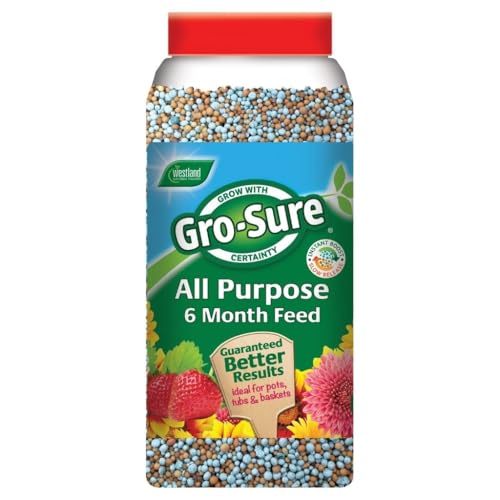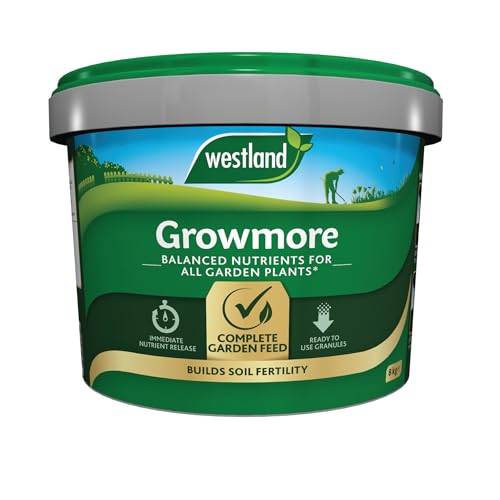Understanding Plant Granules: What They Are and How They Work
What Are Plant Granules?
Plant granules are small, dense particles that serve as a nutrient source for plants. They’re typically composed of a mix of organic and inorganic materials designed to release nutrients slowly over time. This slow-release mechanism is crucial because it ensures that your plants receive a consistent supply of nutrients rather than a sudden influx, which can shock the plants and lead to poor growth.
How Do They Work in Your Garden?
These granules dissolve gradually when watered, allowing nutrients to seep into the soil and become available to plant roots. When you scatter them across the surface of the soil or mix them in, they interact with moisture, promoting the growth of beneficial microorganisms that further enhance nutrient availability. Essentially, the granules act as a reservoir of nutrients, providing a steady supply throughout the growth cycle.
Benefits of Using Plant Granules in Your Garden
Convenience and Ease of Use
One of the most significant advantages of plant granules is their convenience. Unlike traditional fertilisers, which often require precise measurements and applications, granules are simple to use. You can easily spread them by hand or with a fertilizer spreader, making the gardening process smoother and less time-consuming.
Sustained Nutrient Supply
Another benefit is the sustained nutrient supply. With plant granules, you don’t have to worry about applying fertiliser as frequently. They can last several weeks or even months, depending on the product and environmental conditions. This means your plants will get the nutrition they need without the constant upkeep.
Improved Soil Health
Using plant granules can enhance overall soil health as well. As they break down, they contribute organic matter to the soil, improving its structure and moisture retention capabilities. This helps create a more hospitable environment for your plants, leading to richer growth.
Choosing the Right Plant Granules for Your Needs
Understanding Nutrient Content
When choosing plant granules, it’s crucial to understand the nutrient content they offer. Different plants and stages of growth require different nutrient ratios. For example, flowering plants may benefit more from higher phosphorus levels, while leafy vegetables often need more nitrogen. Always check the packaging for the N-P-K ratio, which indicates the levels of nitrogen, phosphorus, and potassium and helps you choose a product tailored to your garden needs.
Environmental Considerations
Consider the environmental impact of the granules as well. Organic options are available and can be less harmful to soil health and the surrounding ecosystem. If you’re growing edible plants, organic granules ensure that your food remains free from synthetic chemicals.
Specialised Formulations
Don’t forget to explore specialised formulations. Some granules are designed for specific plant types, such as acid-loving plants or cacti. Using a product tailored for your specific plants can significantly enhance their growth and resilience.
How to Use Plant Granules Effectively for Maximum Growth
Timing Your Application
To maximise the effectiveness of plant granules, timing is key. Apply them during the growing season when plants are actively seeking nutrients. Generally, it’s best to time your application just before watering or rainfall to ensure that the granules dissolve correctly and release nutrients into the soil.
Appropriate Quantity
The quantity used is equally important. Over-applying can lead to nutrient runoff or plant stress, while under-applying may not provide sufficient support for growth. Always refer to the manufacturer’s instructions regarding the recommended amounts based on plant type and garden size.
Proper Mixing Techniques
When applying granules, proper mixing techniques can make a notable difference. For best results, incorporate them into the top few inches of soil rather than just scattering them on top. This helps guarantee that they interact effectively with plant roots and moisture levels.
Frequently Asked Questions About Plant Granules
Can I use plant granules on all types of plants?
While many plant granules are versatile and can be used on various plants, it’s essential to check the product instructions. Some granules might be tailored for specific plant families or types, which can be more beneficial.
How often should I apply plant granules?
The frequency of application varies with the product type and the specific needs of your plants. Generally, a good rule of thumb is to apply every few months during the growing season, but always refer to the label for specific guidance.
Are there any risks associated with using plant granules?
Plant granules, when used as directed, typically pose minimal risks. However, over-application should be avoided to prevent nutrient burn or runoff. Regularly monitoring your plants’ response will help ensure they thrive.












